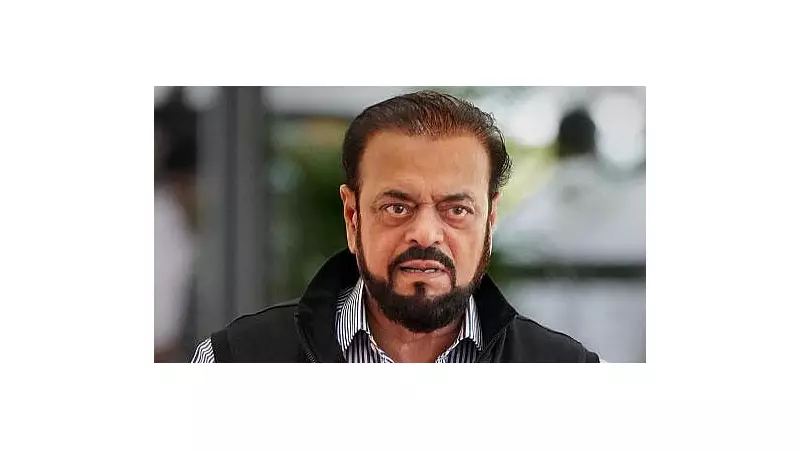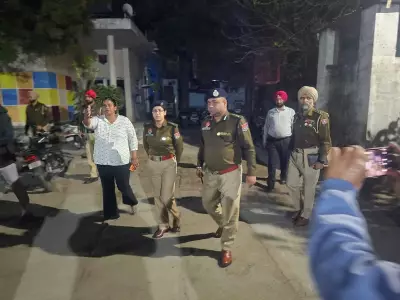
In a move that has ignited fresh political tensions in Maharashtra, Samajwadi Party leader Abu Azmi has firmly declined an invitation from BJP MLA T. Raja Singh to recite the national song 'Vande Mataram'. The controversial invitation and subsequent refusal have opened up a new front in the ongoing political and religious debates in the state.
The Political Confrontation
The controversy erupted when BJP MLA T. Raja Singh extended an invitation to the Samajwadi Party leader to recite Vande Mataram. However, Azmi responded with a clear refusal, stating that his religious beliefs prevent him from reciting the patriotic song. This exchange has quickly escalated into a major political issue, with both sides digging in their heels.
Azmi's Stance: Religious Beliefs vs Patriotic Expression
Abu Azmi defended his position by explaining that while he respects national symbols and considers himself a patriot, his Islamic faith prohibits him from reciting Vande Mataram. The SP leader emphasized that he has always been committed to national unity and development, but cannot compromise on his religious principles.
"I respect the national song and all national symbols," Azmi stated, "but my religion doesn't permit me to recite it. This doesn't make me any less patriotic."
BJP's Reaction and Political Implications
The BJP has seized upon Azmi's refusal as evidence of what they term "selective patriotism" among opposition parties. MLA T. Raja Singh and other BJP leaders have criticized the Samajwadi Party leader's stance, arguing that respect for national symbols should transcend religious considerations.
This incident comes at a time when political parties are positioning themselves for upcoming elections, making such symbolic gestures particularly significant in the political landscape.
Historical Context of Vande Mataram Controversies
This is not the first time Vande Mataram has become a flashpoint in Indian politics. The national song has historically been a subject of debate among certain Muslim groups who object to its devotional nature. However, many Muslim leaders and scholars have found ways to reconcile their religious beliefs with respect for national symbols.
Public and Political Reactions
The incident has triggered mixed reactions across the political spectrum:
- Supporters of Azmi argue for religious freedom and the right to personal belief
- BJP leaders have questioned the commitment of opposition parties to national unity
- Political analysts see this as another chapter in the ongoing cultural and political wars
- Social media has become divided along predictable political lines
As the debate continues, this incident highlights the complex intersection of religion, politics, and patriotism in contemporary India. The confrontation between the Samajwadi Party and BJP leaders over Vande Mataram reflects deeper ideological divides that continue to shape Indian politics.






